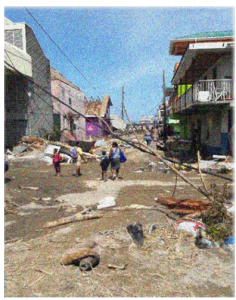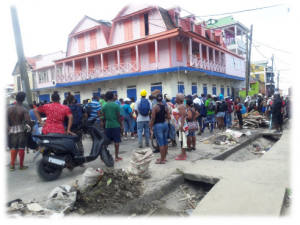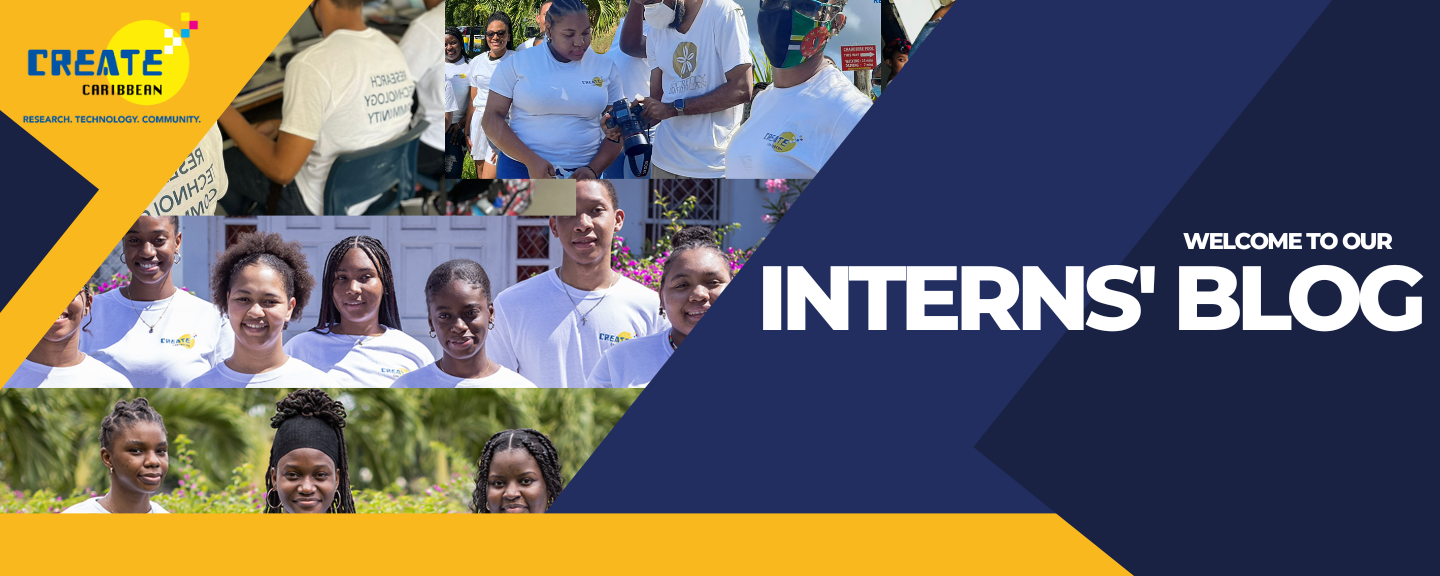By Ashfred Norris
“The hood made me realize that crime succeeds because crime does one thing the government doesn’t do: crime cares. Crime is grassroots. Crime looks for the young kids who need support and a lifting hand. Crime offers internship programs and summer jobs and opportunities for advancement. Crime gets involved in the community.”- Trevor Noah Born a Crime

Trevor Noah, in his book ‘Born a Crime’, detailed his life of living in the era of apartheid; a law which basically defined the premise of racism in South Africa. With the use of short stories, Noah showed the world what his life was like growing up as a child in a time where his black mother and white father had to pretend that this mixed child doesn’t belong to them whenever they were out in public, and if the police found out that a black fraternized with a white, how the black could go to jail, the white goes scott free and the mixed child could end up in a child services system. In essence, Noah depicted the state and condition of the lives South Africans had to endure, while revolving the subject matter around one main constant; poverty.
My partner and I , on our topic on the Carisealand project; Environmental Justice, Human Impact and Poverty, plan on going along the same lines of Trevor Noah’s Born a Crime, but instead of using short stories why don’t we use digital storytelling, and instead of using apartheid, let’s use Climate Change.

When we first set out to begin the project, we were faced with our first obstacle; having to answer a pressing question. A question that would dictate the rest of our journey, and deem this project a success or failure. A question, if answered correctly, could set us out on a path to redefine the entire concept of poverty and its relationship with Climate Change and alter everyone’s perception on the subject matter. A question which said… what now? What do we do now? Where do we go? Who do we speak to? What should we read? What should we listen to… what now? After we were able to remove ourselves from our doldrums, we had a clear idea of what we wanted our project to look like… The Now. Now, this may sound weird, and I should probably be sued for the amount of times that I’m saying the word ‘now’ in one paragraph, but the accuracy and relevance of this statement; especially given our current climate and circumstance having recently survived a category 5 hurricane, is of supreme importance to the viability of the project.
The Now says, this is what we’re currently going through. Here are the challenges that we are being faced with in the present time. This is what environmental justice looks like, this what poverty has evolved into, and this is how it affects the community; the human.
Trevor Noah was able to meet the demand on informing the public on how apartheid made South Africa fall apart, and even after its decimation, how it still affects the South African populace, even today. My aim is to show how climate change has reconstructed the laws which once governed our environmental justice. How its impact births a new type of poverty and the implications that all of this has on our communities. This is The Now.
